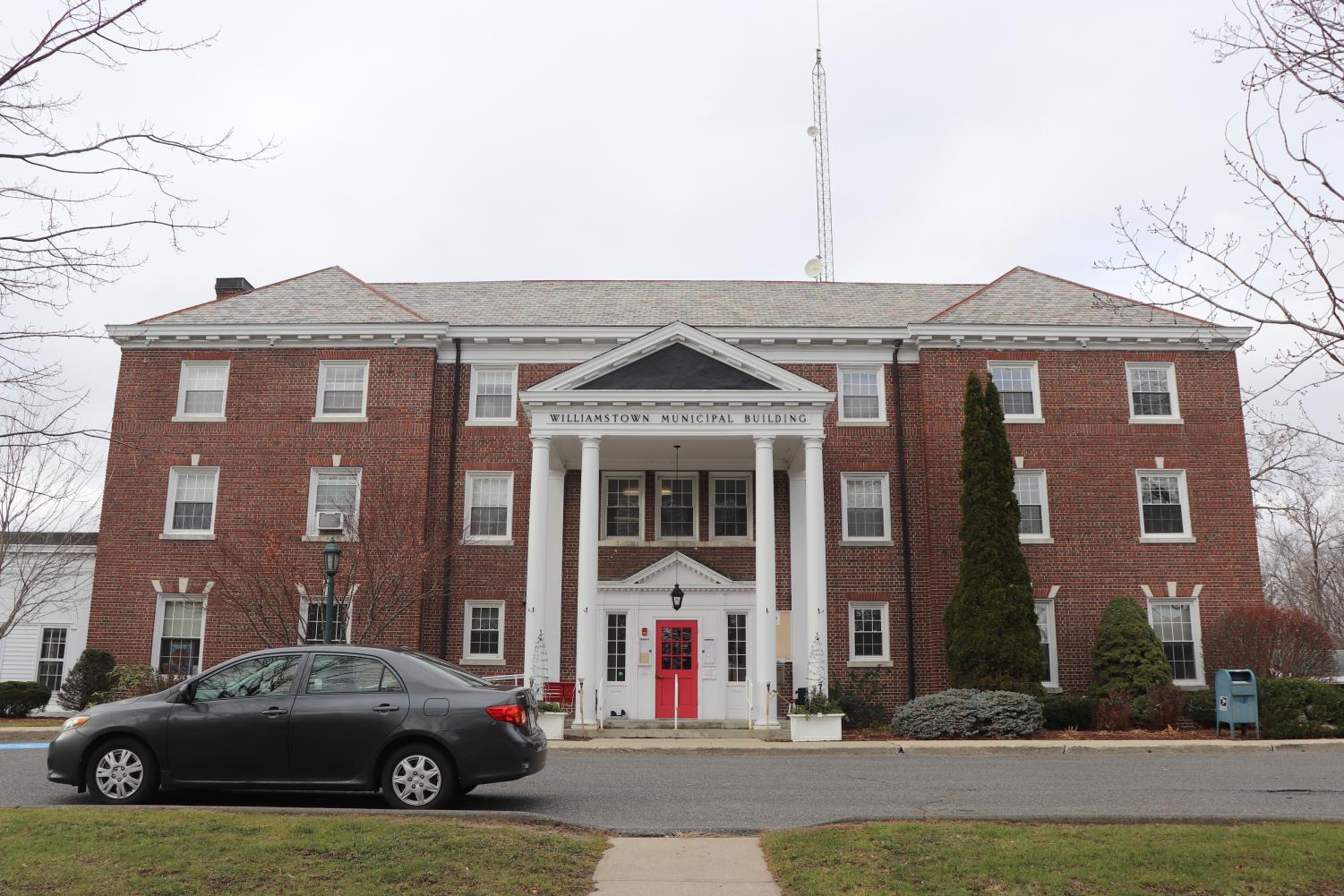Williamstown to vote on adopting ranked choice voting system
April 19, 2023

At this year’s Town Meeting, Williamstown voters will determine whether the Town should move away from its current voting system. A warrant article backed by the nonprofit Voter Choice Massachusetts would implement ranked choice elections for Town offices.
Under ranked choice voting (RCV), voters are prompted to rank candidates in order of preference, rather than making binary choices about whether to vote for a candidate. (In some Town elections, candidates run in the same race to fill two seats, and voters can pick two options.) Then, when the time comes to tabulate results, the candidate with the lowest amount of first-choice votes is eliminated, and each of those votes is reallocated to the candidate ranked next highest on the voter’s ballot among those remaining. The process continues until the number of candidates left matches the number of seats up for election. Three Pillars elections here at the College are conducted using a similar system.
While the Democratic Town Committee has endorsed the article, both the Williamstown Select Board and the Charter Review Committee declined to make a recommendation one way or another, saying they would need more time to do so.
“We were not expecting someone to present an actual proposal and ask us to vote on it,” Andy Hogeland ’76, a member of the Select Board and chair of the Charter Review Committee, told the Record about Voter Choice Massachusetts’ presentation at a recent Charter Review Committee meeting. “So we just weren’t prepared to [make a recommendation] at that particular meeting. We may revisit that at our meeting in early May.”
Voter Choice Massachusetts hopes to put together a statewide campaign for RCV in the future, volunteer Ian Warren told the Record. (The organization was the lead backer of a failed 2020 initiative, Question 2, that would have implemented RCV for commonwealth and federal elections.) In the meantime, the nonprofit is focused on promoting RCV at the city and town levels across the commonwealth, working with local organizers to do so.
Several other towns in Massachusetts, including Amherst and Northampton, have recently adopted RCV for town elections. In interviews with the Record, supporters of the warrant article noted that in 2020, 65 percent of Williamstown voters favored Question 2. Jeanne Kempthorne, a volunteer with Voter Choice Massachusetts, described Williamstown as “fertile ground” for the adoption of RCV.
Carlos Hernandez Tavares ’25, a proponent of RCV, connected with Kempthorne last summer and joined Voter Choice Massachusetts’ efforts in Williamstown. Since then, he has spoken to local voters, collected signatures for the warrant article’s citizen petition, and created a presentation that Kempthorne delivered at the Charter Review Committee’s April 6 meeting.
Hernandez Tavares said that he hopes the Williamstown effort will build momentum for the RCV movement, leading to its further implementation across the Berkshires. He noted that North Adams and Pittsfield voted against Question 2 in 2020 by margins of six and 10 percentage points respectively.
“I look at it like a dress rehearsal for 2024 or 2026, when ranked choice voting gets back on the ballot statewide,” Hernandez Tavares said in an interview with the Record. “I think it’s really important that we’re willing to send a strong signal … so more and more localities and towns try to get on board.”
The act of ranking one’s preferences is familiar to most voters. Hogeland said, though, that an algorithm contained in the article, which determines how to reallocate votes in races where multiple candidates are elected, deserved more scrutiny from voters and the Town government.
According to Hernandez Tavares, the main source of reluctance towards RCV that he has heard from voters is the system’s intelligibility.
“It will take a little further thought to try and understand how it works,” Hogeland said of the algorithm. “And also, I would say, to make sure there aren’t any competing ways of doing ranked choice voting … we just didn’t have the education at the moment to decide whether this versus some other version was the right version to go with.”
“The brilliance of this algorithm is that if the first place winner gets a surplus of votes, you make sure that that surplus becomes redistributed, so that people’s votes aren’t wasted,” Kempthorne said.
In an election where three candidates are vying for two spots, a candidate who gets above a threshold of one third of the first-choice votes is guaranteed to win. When this happens, such a candidate would be selected as a winner. The algorithm then accounts for the “surplus” by finding the proportion of votes for the candidate that exceeded the threshold, weighting the ballots in question by that proportion, and then reallocating those newly weighted ballots to the next most-preferred candidate. Similar logic would extend to any election where multiple positions are being selected, and there are more candidates than open positions.
Warren and Hernandez Tavares said that they were committed to helping Town voters understand what they were voting on.
“The ballot measure is written in a way that makes it legally strong,” Warren said. “It’s trying to explain a mathematical problem in words, so it is a bit difficult to get through, but when you explain to someone how the process works … it’s not difficult to understand.”
To enact RCV, the Town would have to purchase software to tabulate votes. “They had ranked-choice compatible [hardware], and they simply needed to get the software,” Kempthorne said of the Town. She claimed that such software would be financially viable
Hernandez Tavares said that he would continue to assist with campaign efforts in advance of the Town Meeting, which will take place May 16. “We made a lot of literature to pass out to voters,” he said. “And we’re planning on doing some low-level canvassing [at] Wild Oats or Walmart, trying to get people more informed.”







